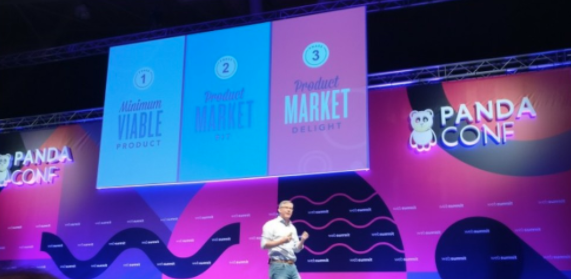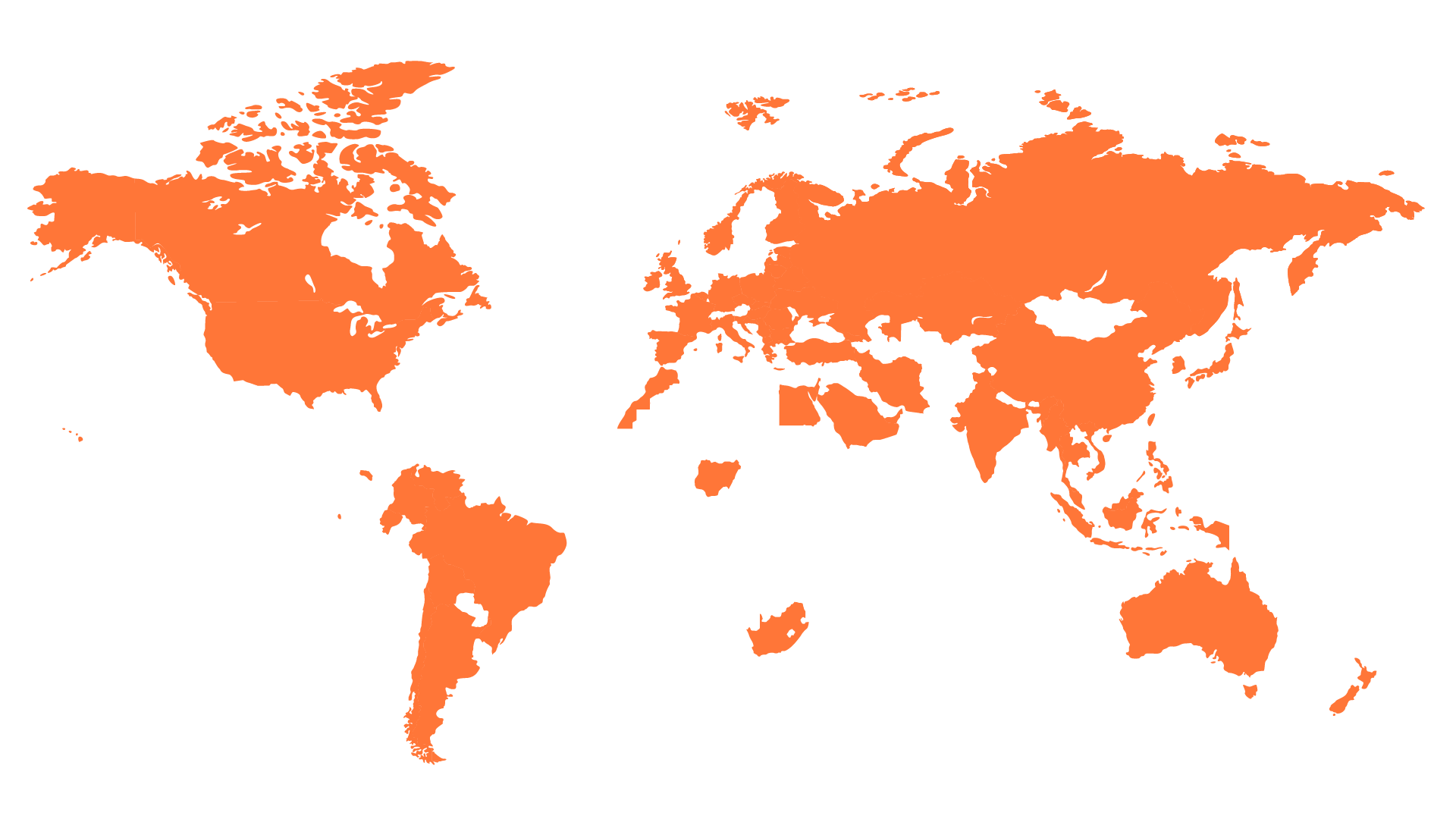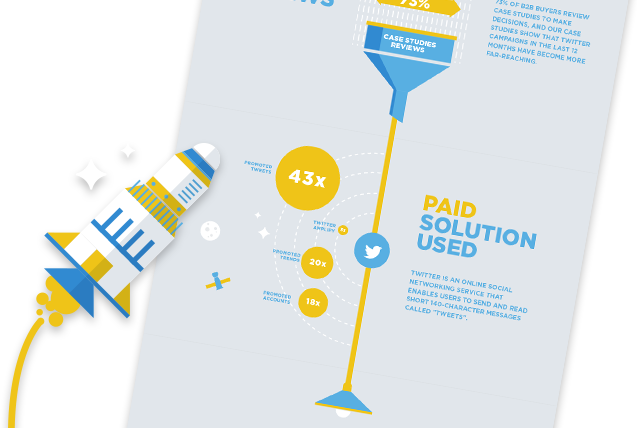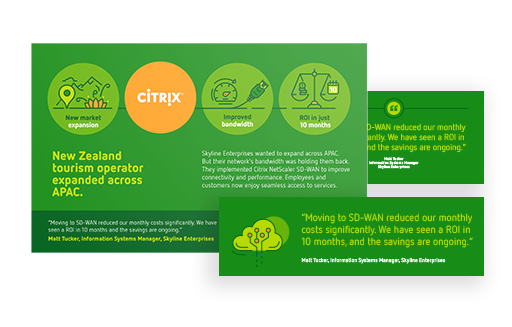
Another year, another amazing Web Summit! This year a key topic was scaling your business and some incredibly effective techniques to help you get there.
Web Summit 2017 has come and gone faster than I could figure out Lisbon’s train system, but four intensive days of startups, tech, and great talks has left my notepad filled. Coming back to the comfort of no trains and reduction on human interactions, I was able to put some structure to my notes and would like to share some, inspired by:
- The three secrets you need to know about the future of scaling your business by Brian Halligan (HubSpot).
Growing pains
During WebSummit, I had a few conversations with startups that had clever ideas to serve the market, but what I saw in the idea, I couldn’t spot in the execution. For example, a content as a service startup aiming to deliver subscription-based campaigns to build trust in the market hadn’t thought it through and localized their entire writer talent in the UK, with little consideration to the nuances in the tone of voice prefered by each market, each country, and even, I’d say, city (think Brexit - London vs the rest of UK). Sure, you can research your target audience, but whatever lengths you’re going to traverse, it’s never going to match the talent who already knows what’s going on - work smart, not hard, right?
Growing pains in each startup are different, and it may not all be about your product, but about its fit in the market. I really enjoyed hearing Zach Weinberg at WebSummit describing how much time their team invests in reading, understanding and navigating the regulatory environment in healthcare. It’s no easy task, from my own experience, but it’s the most important one too - it’s not just about the tech, it’s also about the tech’s fit in the market, regulatory or otherwise.
Nature vs nurture
Think of it like this - the nature of a startup is dictated by the type of product offered. If you’re in marketing, it could be a highly-social nature, if you’re in IoT, perhaps you’re all quiet mechanics. The nature dictates the core of the business - what it is all about. The nurture, on the other hand, becomes excessively important as your startup has grown enough to be on solid ground, and is beginning to scale. How will you engage new employees? What will be your values as a company? What represents you in the eyes of the audience? Is it just your logo or do you go beyond branding and have a personality? Establishing a company culture isn’t just about the mission and vision, it’s something you actually do, and can put your weight behind. That is something new candidates expect to see and experience when they’re joining your company, so delivering on that promise is crucial if you want to acquire and retain employees.
Quote from Simon Sinek delivered by Brian Halligan at WebSummit is one I appreciate very much: “Working hard for something we don’t care about is called stress; working hard for something we love is called passion.“ And we all want to do something we’re passionate about, right?

Listen and then Some
Another very interesting bit I noted down during Brian Halligan’s speech was the shift between growth and scale up modes: in growth mode, your marketing is loud and it’s everywhere, but once you’re in scale up mode, your customers are the best marketing you’ll ever have. It’s not about shutting down your marketing department, but the focus does shift from the highly intensive, loud marketing investments to something more complex - delight.
In scale up mode, you don’t know every single one of your customers anymore; they’re too plenty. Then comes in the customer experience part - focusing on experience and making it better with every single step you take to ensure that you build a solid base of evangelists, raving fans. Personalization, deep understanding of your customers needs and pain points are important factors in the delight stage, but it’s also important to make sure that your team is on the same page. What do they think is the point of delight for the customers? How they see your values aligned with the customer acquisition activities? Are there any gaps?
Many companies focus on getting these insights from the customers, but it’s your team that will go out there and communicate delight to them, so it’s just as important, if not more, to make sure you hear your team.
It is the era of startups, when starting is easier than ever. Even the regulatory environment is more welcoming for starting a business across the globe. But starting a business isn’t what a business makes. It’s how a concept is transformed to reality and scaled so it covers continents and delights customers.
Do you have any great learnings from Web Summit 2017 you want to share? Tell us about them in the comment section below!






